NATIONAL MUSEUM OF NATURAL HISTORY
Seven Free Natural History Programs Streaming in February
Stream these free science programs and more this February through the Smithsonian’s National Museum of Natural History.
/https://tf-cmsv2-smithsonianmag-media.s3.amazonaws.com/blogging/featured/The_ruins_of_a_Mayan_pyramid..jpg)
A virtual science café, an online lecture on coral reproduction and a Mayan Astronomy webinar in Spanish; stream these free programs and more this February through the Smithsonian’s National Museum of Natural History.
How Beetles Adapted to Survive
Feb. 3, 1 p.m. ET
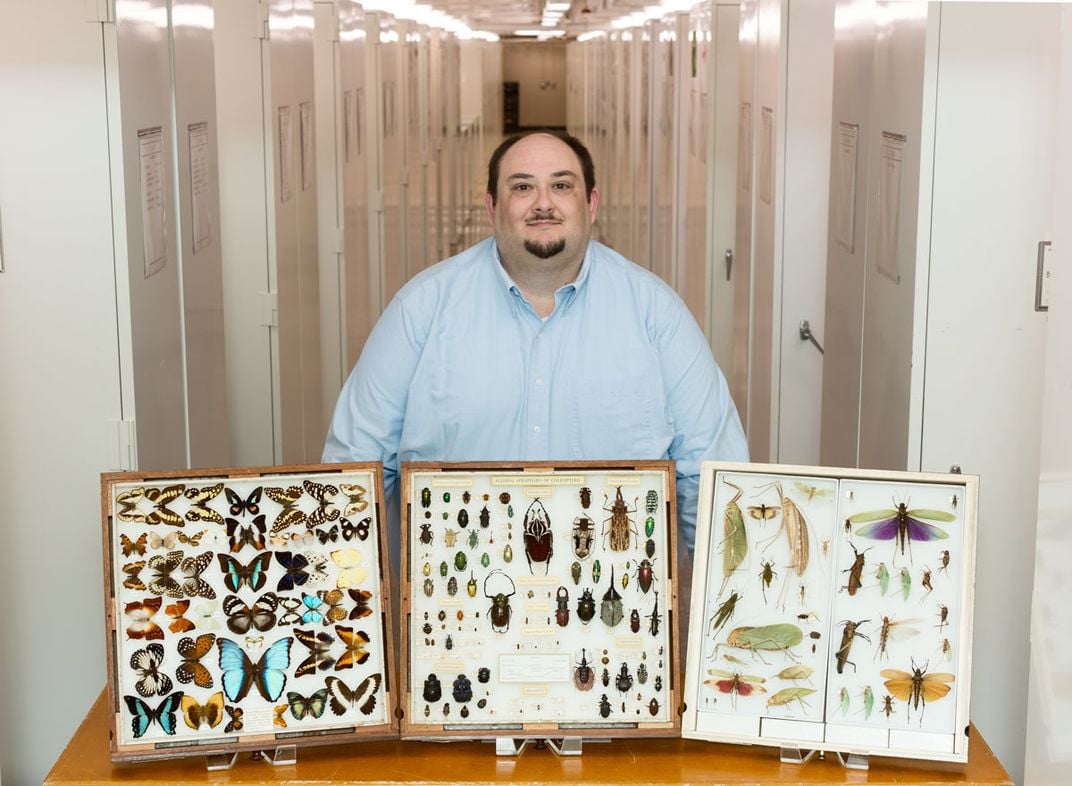
There are more than 400,000 different species of beetles on Earth, making them the most diverse order of insects. In this webinar, Entomologist Dr. Floyd Shockley will introduce you to these fascinating insects and talk about their many adaptations for survival that explain why they are the most successful group of animals. He'll also show you some of the museum’s beetles and explain how he cares for and studies them.
This webinar is designed for students in grades 3-5. It will be approximately 45 minutes with interactive polls and Q&A, followed by an optional, extended 15-minute Q&A.
A Virtual Science Café: Tropical Forests in Wyoming, Himalayan Birds and Crafting Nature
Feb. 4, 5 p.m. ET
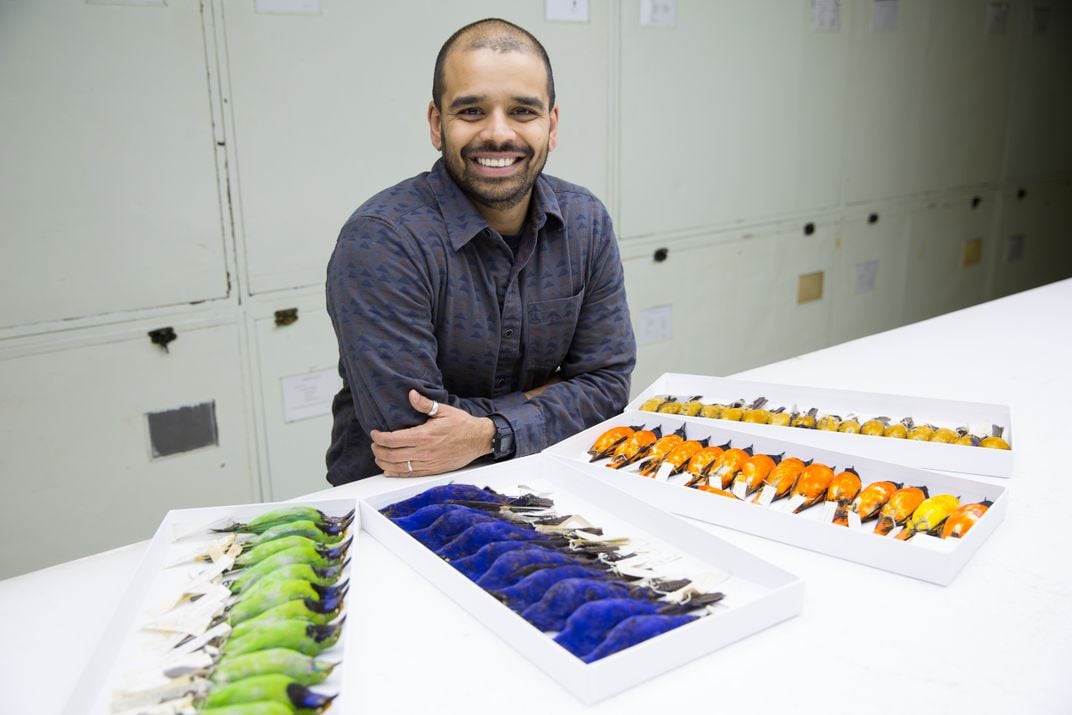
Sit back, relax and enjoy our virtual science café where we will illuminate research surprises in the field, and the changing role and value of research collections. Hear from Smithsonian scientists about how birds stay warm, what fossil pollen tells us about North America’s warmer past and the role of frozen collections in preserving our collective ecological heritage.
To help you set the stage at home for this virtual science café, we’re teaming up with Washington, D.C.-local restaurant Busboys and Poets. Upon registration, you'll receive an order link before the program. Whether you're local or not, you can shake up a themed drink to enjoy using a recipe provided by Busboys and Poets.
The virtual science café is designed for adults.
How to Care for Living Ecosystems Exhibits
Feb. 10, 11 a.m. ET
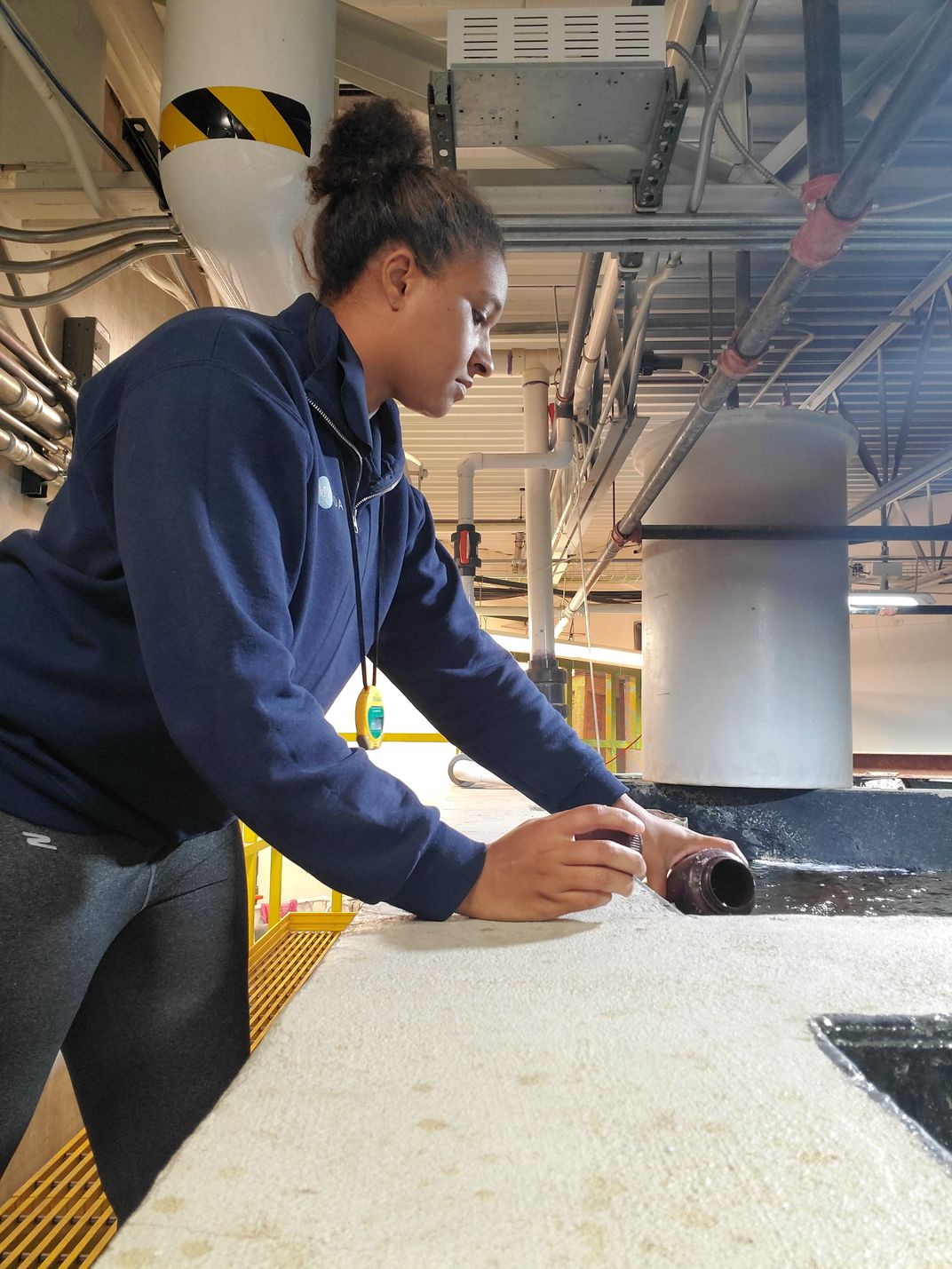
Caring for model ecosystem aquariums, which mimic the conditions of the wild, takes a lot of work and a thorough understanding of the ecological conditions in both freshwater and marine environments. Join us for a lecture from Biologist Catherine Harris from the Belle Isle Conservancy, who will talk about what it is like to maintain these incredible exhibits.
This webinar is part of the Smithsonian Marine Station’s “Marine Science in the Morning” program, a morning lecture series where marine science professionals share their work with you.
The Many Adaptations of Acorn Woodpeckers
Feb. 10, 1 p.m. ET
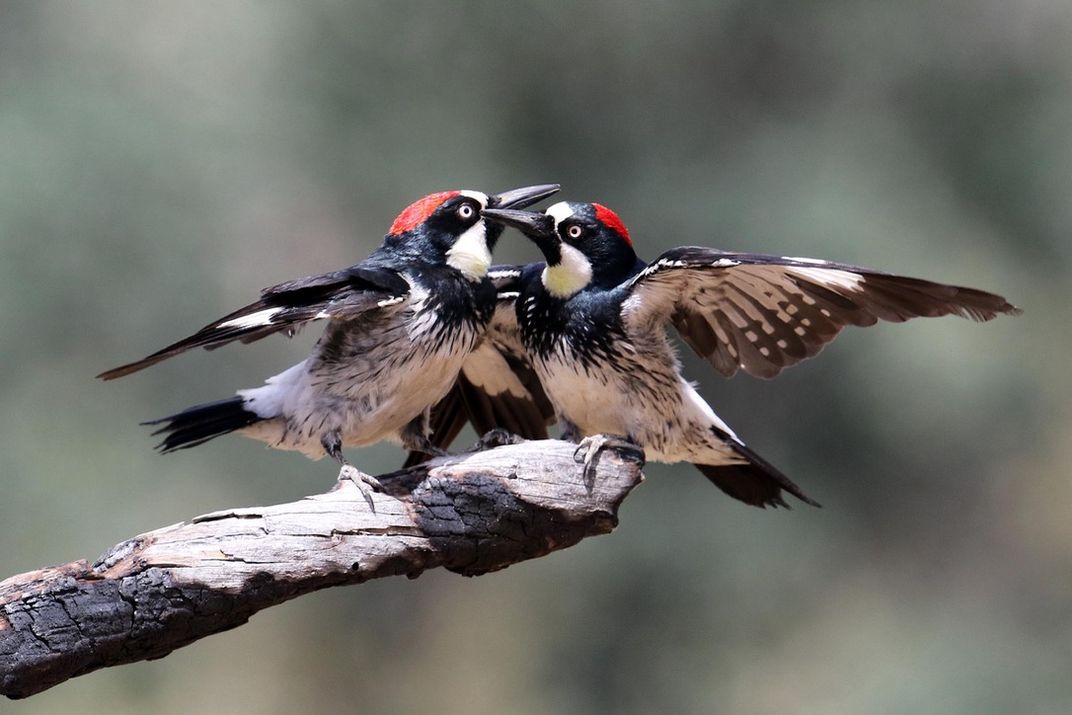
Squirrels aren’t the only animals to hoard acorns. In this interactive webinar, Biologist Sahas Barve will introduce you to acorn woodpeckers and talk about how he has studied them in the wild. Barve will share what he has observed and discovered about this bird species’ exceptional family and group-living behaviors and their habit of gathering and storing their favorite food, acorns.
This webinar is designed for students in grades 3-5. It will be approximately 45 minutes with interactive polls and Q&A, followed by an optional, extended 15-minute Q&A.
How Humans May Have Caused Past Animal Extinctions
Feb. 18, 11:30 a.m. ET
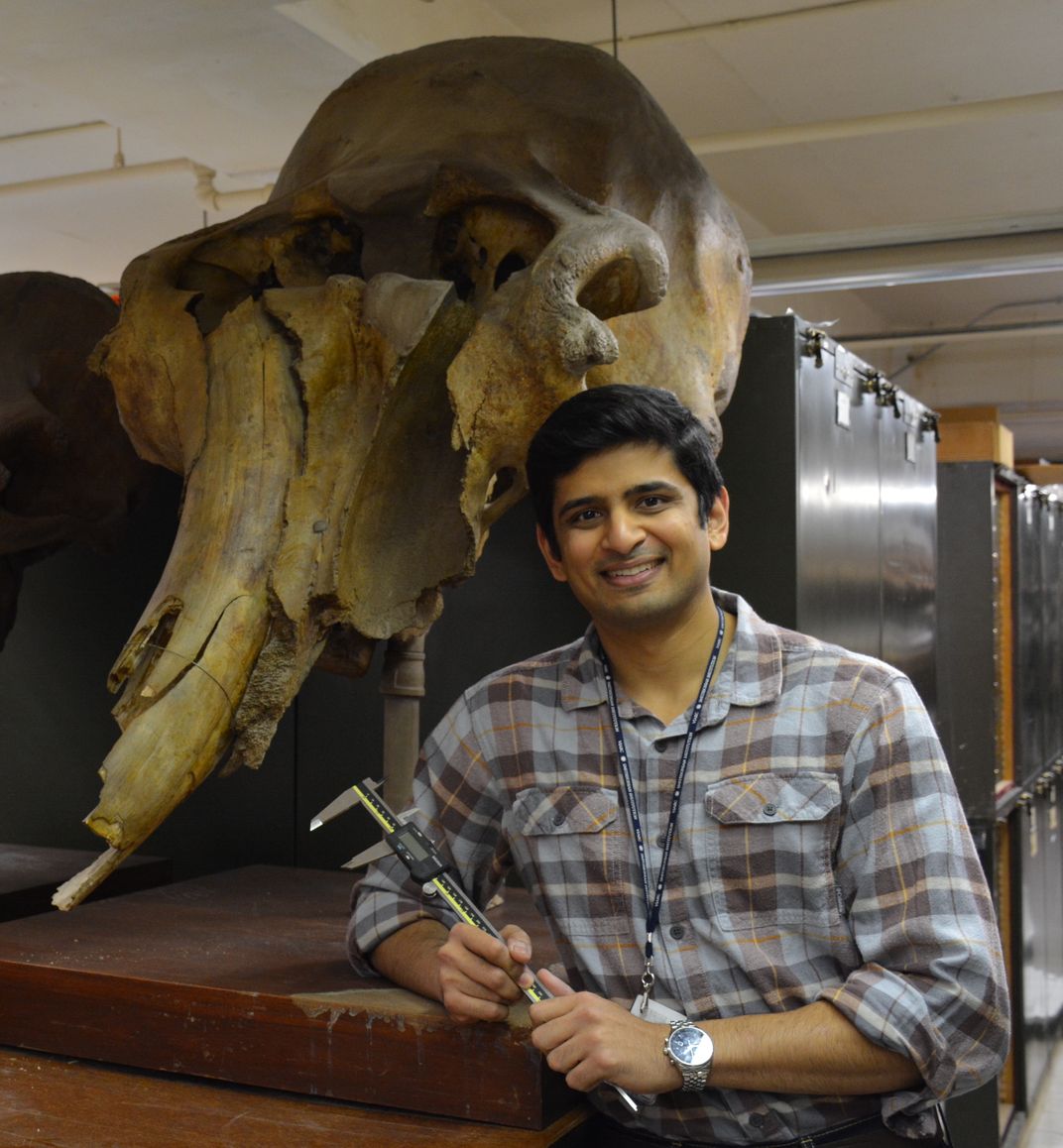
Humans are one of the causes behind the rapid extinction of animals today. But it might not be the first time we have caused widespread species disappearance. Tune in for a conversation with Dr. Advait Jukar, a paleontologist and postdoctoral associate at Yale University. Jukar will talk about his new research on past extinctions of large, land-dwelling animals in the Indian Subcontinent and answer your questions about the likely culprits.
This program is part of the museum’s ongoing HOT (Human Origins Today) Topic series. It is moderated by Briana Pobiner, a paleoanthropologist and educator at Smithsonian’s National Museum of Natural History.
Microbes, Chemistry and Coral Sex
Feb. 24, 11 a.m. ET
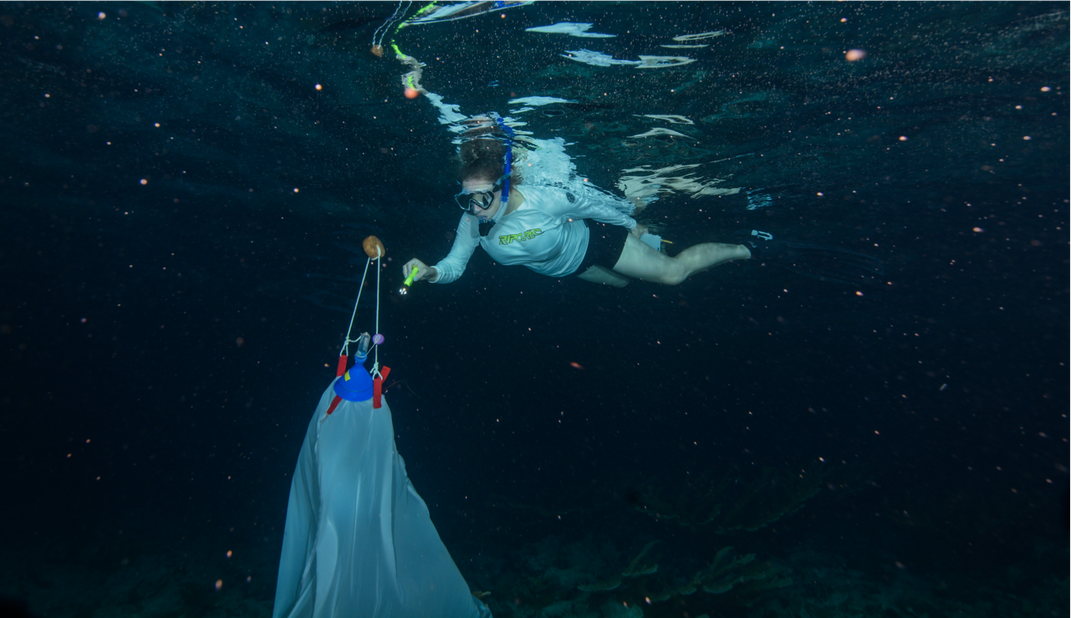
Dr. Jennifer Sneed, a marine microbial chemical ecologist at the Smithsonian Marine Station in Fort Pierce, Florida, regularly finds herself swimming through a dark soup of coral eggs and sperm. How does she find herself there and why? Find out in a virtual lecture where Sneed will share her journey and the reasons why everyone should be excited about microbes, chemistry and coral sex.
This webinar is part of the Smithsonian Marine Station’s “Marine Science in the Morning” program, a morning lecture series where marine science professionals share their work with you.
A Mayan Astronomy Program in Spanish
Feb. 28, 2 p.m. ET
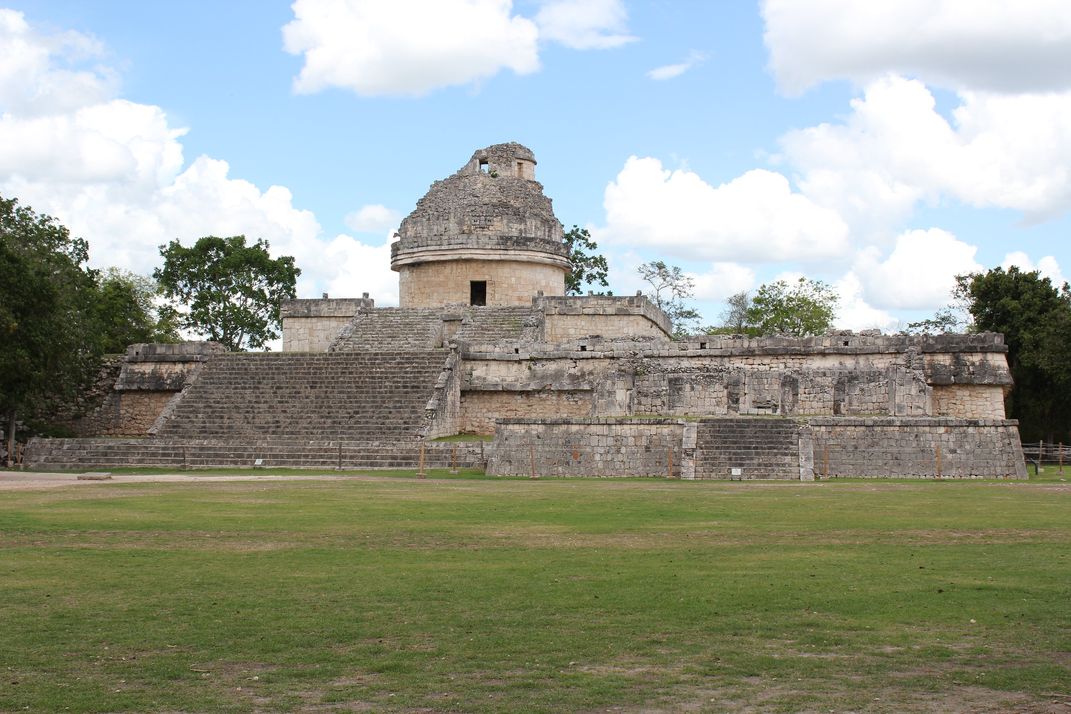
Celebrate the Mayan New Year with a Mayan astronomy program in Spanish. In this interactive webinar, find out how the Mayans deciphered the night sky and learn how their discoveries impacted their culture and ancestral traditions. This program will stream in Spanish and is perfect for families.
Can’t make one of the programs? All virtual programs will be archived and available on the museum’s website after they air.
Related stories:
Seven Ways to Learn About Natural History From Home
Meet the Scientist Using Fossils to Predict Future Extinctions
How Seven of Nature’s Coolest Species Weather the Cold
Here’s How Scientists Reconstruct Earth’s Past Climates

